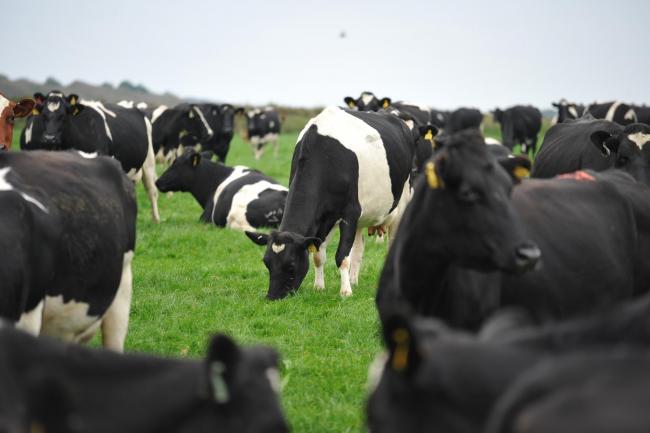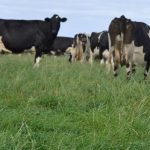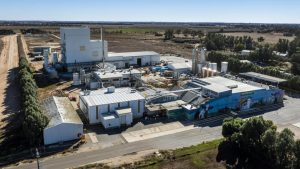
Key points:
Dairy prices have been announced by the major processors
The ACCC is encouraging farmers to tell them if they think a processor isn’t complying with the new mandatory dairy code
Retrospective price cuts are no longer allowed under the code, which also includes improved dispute resolution processes
Major processor Fonterra has announced a weighted average farmgate milk price of $6.06 per kilogram of milk solids, with an estimated closing price range of $6.30 to $6.70.
Rival processor Saputo said the average price it would pay farmers as an opening price was $6.40 per kilo.
Bega also announced $6.40 for southern Victorian producers, and $6.55 for northern Victorian suppliers.
Burra Foods announced an opening price range of $6 to $6.40, while ACM would open at $6.30 to $6.90, with its organic milk price at $8.60.
Bulla had previously announced an opening milk price of $6.30 to $6.70.
Beston Global Food Company announced an opening price of $7.20 a kilogram for milk solids.
These prices are generally lower than last year’s opening prices; in the past, opening prices generally increased as the season progressed.
First prices under new mandatory code
Under the much discussed and anticipated new mandatory Dairy Code of Conduct, processors had until today to inform their suppliers what minimum price they would pay for the coming season.
The code, which came into effect at the start of the year, is designed to try and level the playing field between processors and farmers.
It was developed after the ACCC’s 2018 inquiry into the dairy industry, which recognised the damage done when Murray Goulburn and Fonterra made retrospective price cuts to farmgate milk prices.
Retrospective price cuts are no longer allowed.
The code also includes improved dispute resolution processes between farmers and processors, with the ACCC now having the power to issue fines for breaches of the code.
Processors say COVID-19 has affected prices
Processors say that like many other industries, dairy had been significantly affected by the coronavirus crisis.
Fonterra Australia managing director Rene Dedoncker said markets were uncertain at the moment.
“The impact of COVID-19 on economies and the market is still largely unknown and we are seeing softening of demand relative to supply which is putting downward pressure on prices,” he said.
“We anticipate that global dairy markets will be uncertain for some time.
“The global downturn is continuing to reduce consumers’ purchasing power while the foodservice industry remains impacted by restrictions in the tourism and the hospitality sectors.”
ACCC says farmers need to know their rights
The competition watchdog has encouraged farmers to carefully read their milk supply agreement before signing and to understand their rights and responsibilities.
ACCC deputy chair Mick Keogh said there was previously no requirement for processors to publish prices on a certain date.
“Hopefully this removes some of that price signalling that may have been occurring,” Mr Keogh said.
“It means farmers have a clear at least 30 days to make up their mind about whether the offer that they’ve been given is acceptable or not.
“The advantage of course in having all offers made public by the dairy processors means farmers can quite easily compare the different offers that are available.”
The events of 2016, when prices paid to suppliers of Fonterra and the now-defunct Murray Goulburn were cut mid-season, contributed to the code’s creation.
“I don’t think many of the suppliers to [those companies] at that stage thought that their contracts were such that the processors could reduce the season price so substantially that in fact automatically they owed the processor money,” Mr Keogh said.
He said it was too early to gauge the extent to which behaviours and practices had changed under the code.

























